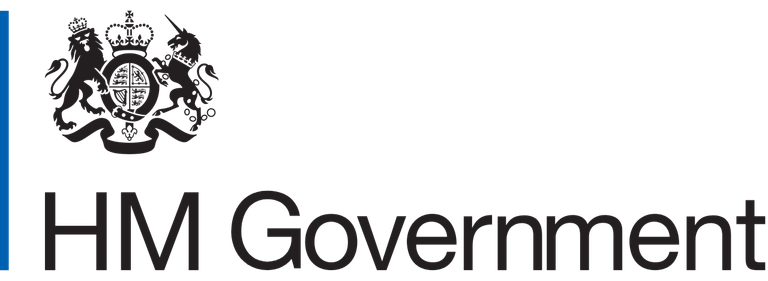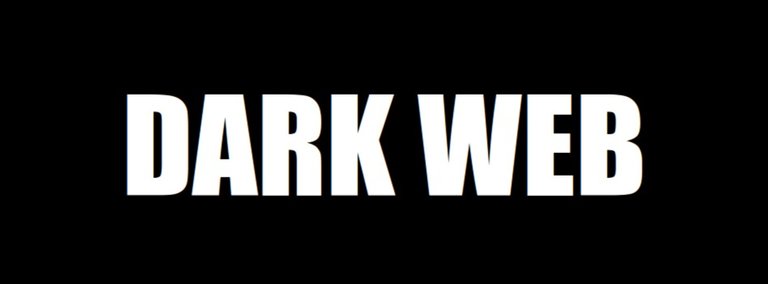
The UK government has done it again: another idea poorly considered is doing the rounds in the media as we speak. This new law aims for hosts of online pornography to verify the age of its users before allowing them access to their content.
It comes after the Conservatives having made the pledge for our teeny-tiny island to be the safest place in the world to go online. A noble idea, I'll give them that, but not necessarily a good one. Careful consideration must be applied, and along that must go truth. And the truth is that whenever people are pushed they resist; they seek ways to circumvent new law for ease of access.
Now while I do have some reservations about the Age ID software MindGeek - the company that owns many online porn services - plan to use for this, my bigger concerns relate to the mental wellbeing of the children this new law is potentially pushing our young teenagers to seek out.
The truth is brutal: government are not the sole holders of responsibility over the safety of our children. Parents are.
Current Protections

ISPs already include safeguards into their broadband services. For instance, my ISP, Virgin Media, offers F-Secure SAFE and Web Safe. Also they boast about something all ISPs have launched called Internet Matters (internetmatters.org). Why are the solutions offered by ISPs disregarded by parents so often? They do work.
The Dark Web - the most troubling

The awful actions of a few daring and often sick individuals happens here. The Internet is safe. It is the dark web that you must fear. The drugs; the sex trafficking; the fake IDs and passports and hire-a-hitman services... it's all here, in a secluded portion of the world-wide-web.
Naturally, as more and more censorships and blocks come into effect, people seek out ways to get around them. The new law will make it more difficult but not impossible. In effect, for those who really want to find a way, the law will be pushing people towards solutions like Tor.
VPNs and proxies are not always reliable. Typically, for the latter, they are tunnels from malicious adverts to download viruses and more rubbish onto the victim PCs. They are also littered with adverts on erection growth pills and muscle builders. People know this. As for the former, though, they are not always cheap and easy to come by.
So by doing this quick equation we can decide that we want something that costs nothing, has no restrictions on time and that is safe (relatively speaking). Unfortunately the solution exists: the most secure way to skirt online censorship is hidden services such as Tor. Free, hidden, portions of the public internet that have been made freely closed off to everybody else. And while the creation of these networks was done so with the best of intentions - to hide from government snooping, etc - they also provide safe havens for the most illegal of online content such as child pornography, snuff movies and gosh knows what else. All of which is free. There was a big case a while back about an Australian man called Peter Scully who was involved in this sort of online material.
And if you thought that accessing these hidden services was difficult they are surprisingly easy now. And if you were to find minor obstacles, there are plenty of easy-to-follow guides on how to gain access to these networks. Then it's just a matter of doing a quick google search to find a link to the websites you want - another task made easy by public "link lists" webpages like this one: https://thehiddenwiki.org/. Somewhere down that list you will find an entry for a website called "PedoEmpire".
There are sources of "safer" porn on these networks - not every bit of this data is malicious, but they are almost all illegal: they are also used to host pirated content by the the industry's professional studios like Bang Bros. The problem is that those Onion sites are still going to be littered with more malicious content - you could be watching these usually-paid-for videos when suddenly you come across something you never wanted to see. It does happen.
The whole idea of this new law is to protect children. But without strict procedures in place by the parents to protect what their children are doing online they will become even more exposed to this content on a whole new, darker, level. The possibility to control these behaviours already exists though: PC software to restrict browsing and online activity has been around for years and is seldom used.
But we forget that children can be quite smart, maybe even dubious and deceptive. If they wanted to gain access to this content they will find ways to go around it. What is a more tantalising solution to a child: downloading and installing a program that may or may not work, and that gives you a limited time trial, or; downloading and installing a program, launching the custom-made browser that is included in the installer and googling your way to one of these link lists?
This new attack on the porn industry is the result of many existing solutions not being put into action. And now this new law may jeopardise the lives of their children in ways they could not have expected. Imagine a world where children will be coming into contact with child porn. Then who will be to blame?
So we are at the point now where the best protection is the protection their parents can give them. And as we have seen during these few years of our Digital Age, age ratings are often flippantly disregarded. Children playing Call of Duty are naturally going to ask the question, "What's wrong with us watching porn, with the same age restriction of 18, if I can play Call of Duty or watch movies like It and Saw?" and so they will seek to do just that.
You may already know what Tor and its alternatives are and think to yourself how unlikely this is. Let's not forget that access to these hidden services are as simple as a smartphone app.
I admit that this solution is a worst case scenario. But it is not impossible.
Personal Findings
Let's digress to statistics for a moment. According to the Office of National Statistics, in 2017 90% of households are connected to the Internet. A massive 98% of those households with children had access to the Internet.
According to a poll by Internet Matters only 52% of parents are aware that ISPs bar access to this type of content for under 18s.
Now let's talk to a parent of five. We can name this person Steve.
Me: What steps have you taken to ensure that your children do not gain access to this type of online content?
Steve: We have apps that restrict access to Youtube and social media sites. We done this after we found our youngest boy was watching videos about almost anything viral.
Me:Do you feel your child may still be able to access pornography behind your back?
Steve: Maybe. I mean, we can't watch everything they do.
Me: What if I told you there was software you could install on your PC as well as theirs that could help you to limit access?
*Steve took some time to reply to this question. After a while I began to wonder if he was still talking, feeling slightly intimidated by my intrusive questions, perhaps, so I sent another. *
Me: Do you feel like it is impossible to completely prevent this behaviour at home?
*Steve finally returned.
Steve: I guess I do, yeah. He's not allowed a laptop in his room anymore because of it.
Me: Would you feel more accepting of your child using a laptop in his room if you knew how to protect him from this content without you being present? The Internet does keep them entertained, after all.
Steve: Yes, of course, I just don't know how.
I began to wonder just how easy it is to miss all of the content that is created solely for those in Steve's predicament online. After all, there are many resources available. Netmums, InternetMatters, F-Secure and Web Safe to name a few. So I started asking some awkward questions. But I felt they were necessary.
Me: There are a lot of online resources that can guide you in responding effectively to scenarios such as these on the Internet. Have you ever made use of them?
Steve: I have seen them but I suppose I don't have the time. I work full-time and I'm way too tired on my days off.
Me: Some people feel as though parents are wrong to expect the government to change laws for them, perhaps in order to skirt their own responsibilities. How would you reply?
Steve: I do everything I can for my kids. I can't be expected to sit and watch every-single-thing that they do at home.
Me: But you could look in to how to safeguard your household's broadband connection.
Steve: Yes and I will now.
Me: Can I ask why you never done so before?
Steve then had to leave. He promises to speak again in the future. I thanked him and signposted him to helpful resources but I left him with the doubt we will speak again in the future.
My point to all of this: it is time for parents to do more. But, as I found out from my personal findings, it may not be that simple. First of all, parents must recognise that they are able to do more first. But children learn. If they catch on that it is possible to avoid almost any and all restrictions they will seek and make use of it. So now is the time to act.
Congratulations @garryke! You received a personal award!
Click here to view your Board
Congratulations @garryke! You received a personal award!
You can view your badges on your Steem Board and compare to others on the Steem Ranking
Vote for @Steemitboard as a witness to get one more award and increased upvotes!